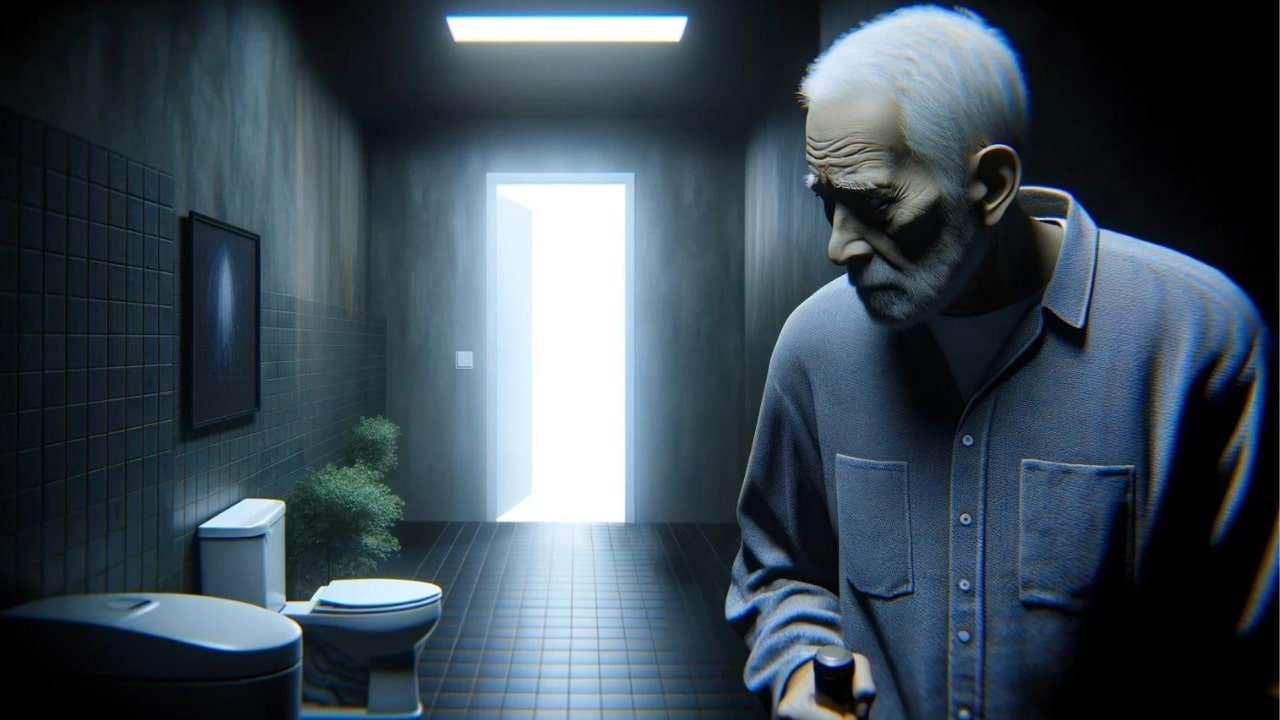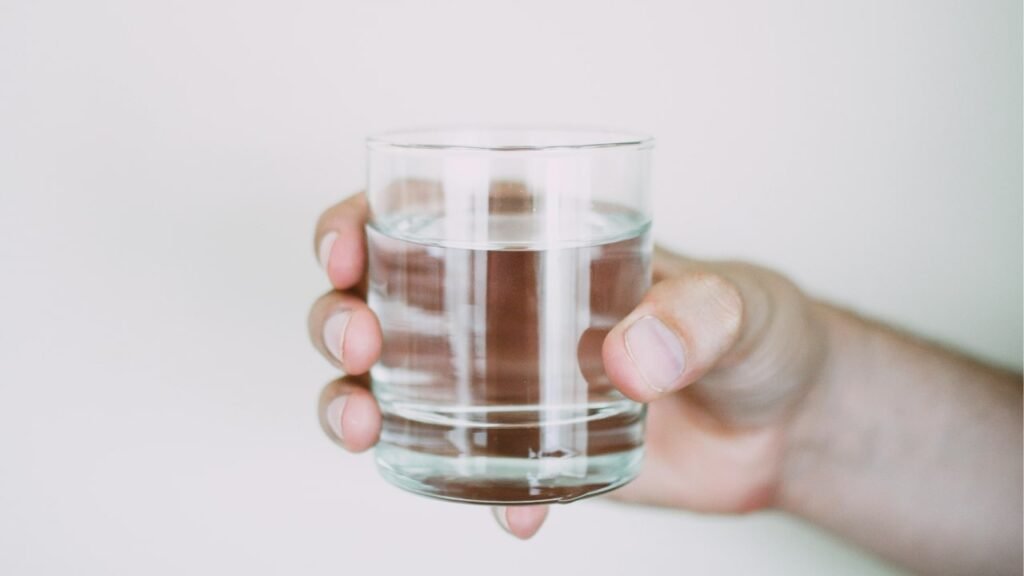
Table of Contents
Did you know your midnight urge to pee multiple times is a medical condition? Hello, sleepless folks! This one’s for you.
Did you ever have your dreams interrupted by a sudden and urgent need to visit the bathroom? Do you suffer from frequent urination at night? Also, is this a regular midnight saga for you? One thing is for sure, you aren’t alone. This condition is often considered or dismissed as a minor annoyance. Some would say, ‘a natural part of ageing.’ Heard of Nocturia ICD 10?
The condition is known as Nocturia and can significantly disrupt your sleep due to frequent nighttime urination. At first, it might just sound like a mere nuisance, but it’s a recognized medical condition that can significantly impact both your sleep and health.
Hence, understanding Nocturia and its treatment is key to improving your sleep cycle, nighttime routine and overall health. Come, let’s dive in!
Understanding Nocturia
What is the deal with Nocturia? It is often misunderstood as excessive nighttime urination or simply, an old person’s ailment. The truth is not many are aware that this condition affects individuals and their sleep patterns across various age groups. Though very rare, it can impact people over the age of 30.
Although research says nearly half of the adults over age 50 suffer from this condition. But it’s not just an ‘old person thing’; even the young aren’t spared. Studies have suggested that 1 in 3 adults over the age of 30 experience Nocturia. But what does it feel like? Imagine you feel the need to urinate frequently during the night. Or think of it as your bladder’s alarm system that doesn’t understand the concept of snooze.
Resultantly, you experience interrupted sleep. When we are sleeping, our body produces less urine. A vast majority will sleep for 8 hours without wanting to pee. It cannot be dismissed as a mere inconvenience. Nocturia ICD-10 does more damage by severely impacting your overall well-being.
Causes of Nocturia
Next, you might want to know the causes of frequent nighttime urination. The question is, why is my bladder on overdrive at night? What’s waking me up? The reasons vary.
The causes of nocturia range from lifestyle choices to underlying health issues. They are as varied as the midnight snacks in your fridge. It could be drinking fluids or water too close to bedtime or perhaps your love for evening lattes or drinks is the reason. Not to forget, habits like alcohol consumption at night can worsen the condition.
Medically and on a more serious note, the nocturnal disruptions can be linked to other conditions. Diabetes, bladder dysfunction, heart issues, or even sleep disorders can play a role. Let’s not forget the medications. And, yes, even our mental state can affect our nightly journeys. While nighttime urination is known to be a symptom of pregnancy, even anxiety can play a part and induce it.
Therefore, it is important to understand the root cause.
Impact on Sleep and Health

Let’s try to understand the impact of the nightly nuisance.
Nocturia can lead to sleep loss, daytime tiredness, and even increase the risk of falls, especially for the elderly. The interrupted sleep doesn’t just leave you tired the next day; it can lead to more serious health consequences.
To help you better understand, think of nocturia as the party crasher of your night’s sleep. Every trip to the bathroom disrupts your rest time – important for maintaining brain and body health – leaving you utterly exhausted.
Importantly, this isn’t just about feeling groggy. Poor sleep as a result of continual sleep disruption leads to decreased sleep quality, and heightened daytime fatigue, and can increase the risk of falls or accidents during nighttime trips to the bathroom. The path from your bed to the bathroom can become a dangerous journey at 3 AM.
As sleep deprivation is associated with nocturia, there is a risk of health scares like impaired cognitive functions in the long term. The severity of the impact does vary from person to person, but the overall quality of life will go for a toss.
Managing Nocturia

So, what does the treatment for nocturia look like? First, consider timing your drinks and maybe saying no to that late-night caffeine or alcohol. Simple adjustments, like reducing evening fluids, can make a big difference.
Effective strategies to manage nocturia often involve lifestyle changes. To begin with, exercise every day. Cut off your fluid intake a few hours before bed and remember that coffee and alcohol are diuretics. Try to establish a pre-sleep routine that promotes uninterrupted sleep. Consider your bedroom environment: is it calming or more like a cluttered mess?
Creating a serene sleep environment can discourage even the most insistent bladder. Also, limit the usage of your electronic devices as your smartphone can impact brain activity and reduce the promotion of melatonin, the sleep-promoting hormone.
For some stubborn cases, medications and treatments for underlying conditions such as sleep apnea or diabetes and even lifestyle overhauls directed by the doctor are necessary to control the nocturnal visits.
When to See a Doctor
Is it time to call in the pros? When should you seek professional help for nocturia?
If tweaking your bedtime routine or making lifestyle adjustments isn’t helping and due to this, you find yourself spending more time with your bathroom tiles than on your pillow. In simple words, if nocturia persists and affects your quality of life, consult a healthcare provider.
As we discussed above, persistent nocturia could be a sign of something more serious than frequent urination at night. A doctor can examine you and offer advice tailored to your specific health needs. This includes behavioural therapies or other interventions aimed at the underlying causes of nocturia.
Remember, in case of doubt, always seek guidance and do not self-medicate.
Conclusion
By now, you must have understood that recognizing and addressing nocturia is crucial to improving your sleep quality and overall health. Do not let nocturia play a lead role in your life!
Learn to study the cues your body is giving you. Are you frequently waking up to urinate at night? Assess your symptoms, tweak your habits, and book an appointment with a doctor if needed.
Don’t let nocturia dictate your night—take control of your health by managing nocturia effectively. Keep in mind that every good night’s sleep begins with knowing how to control your nightly bathroom visits. Taking charge of nocturia means better sleep and more energy for your day. Everyone deserves a good night’s rest, without interruptions.
To keep getting clarity on such interesting topics, please subscribe to Clarity Circuit.
Recommended Articles
If you found this topic interesting, you might also enjoy reading these articles:


